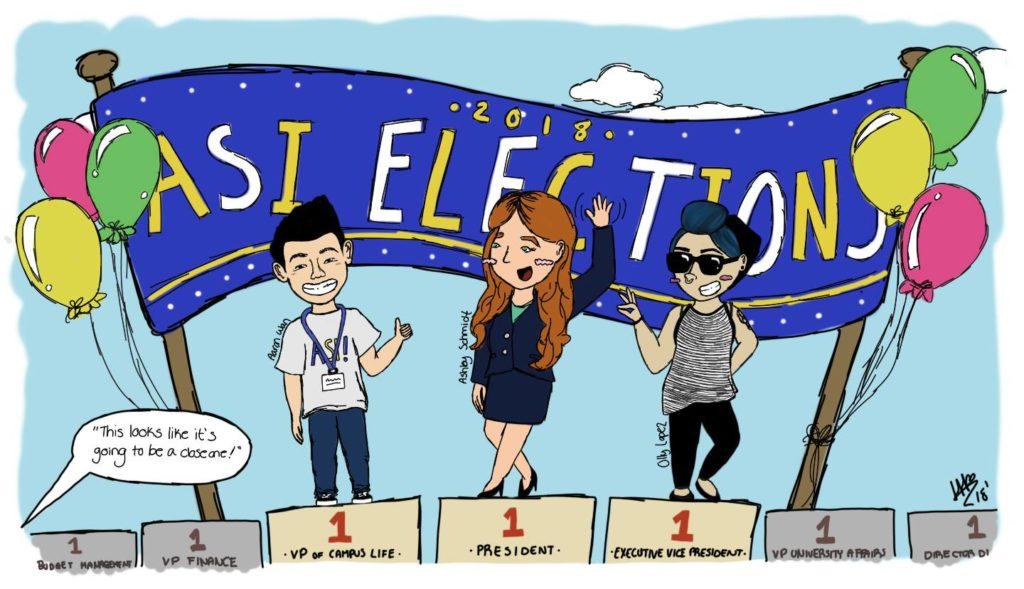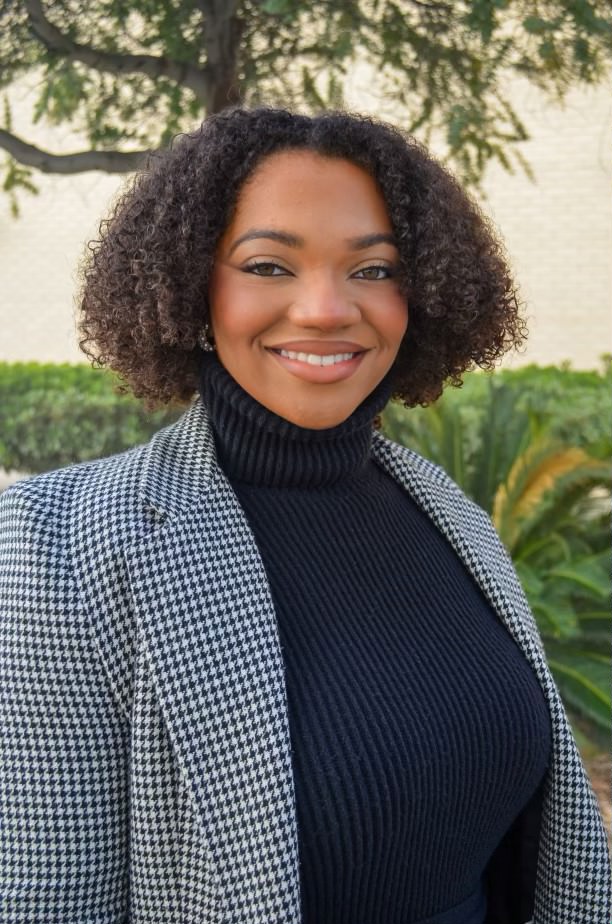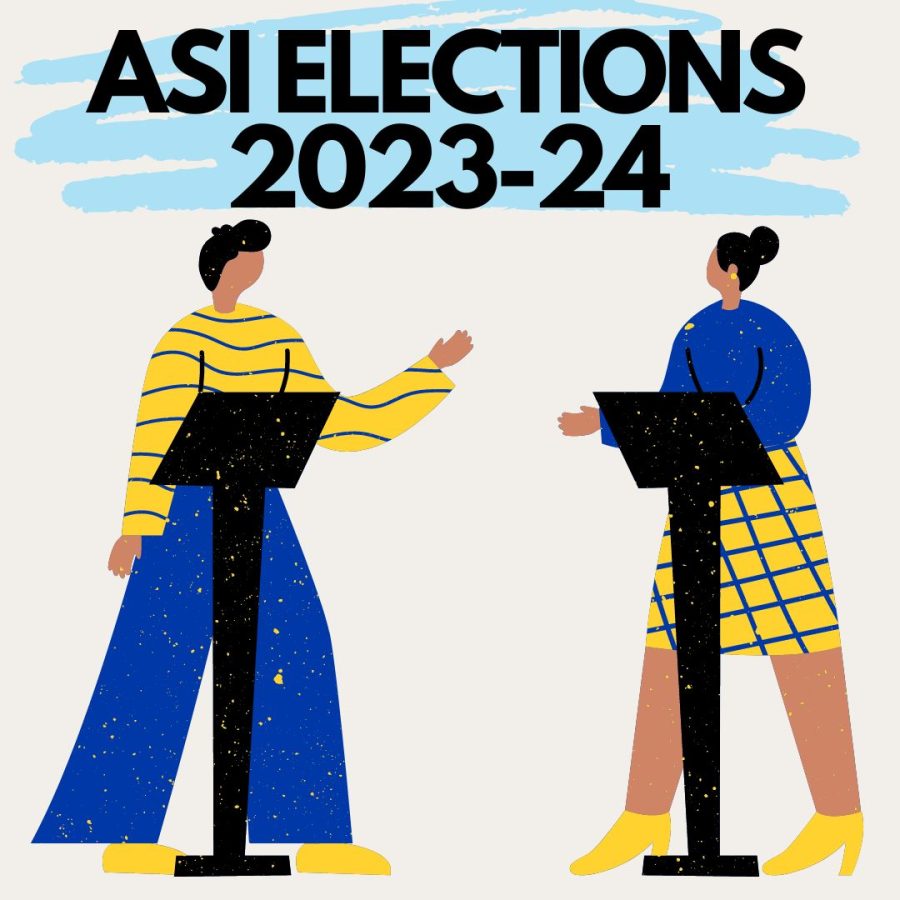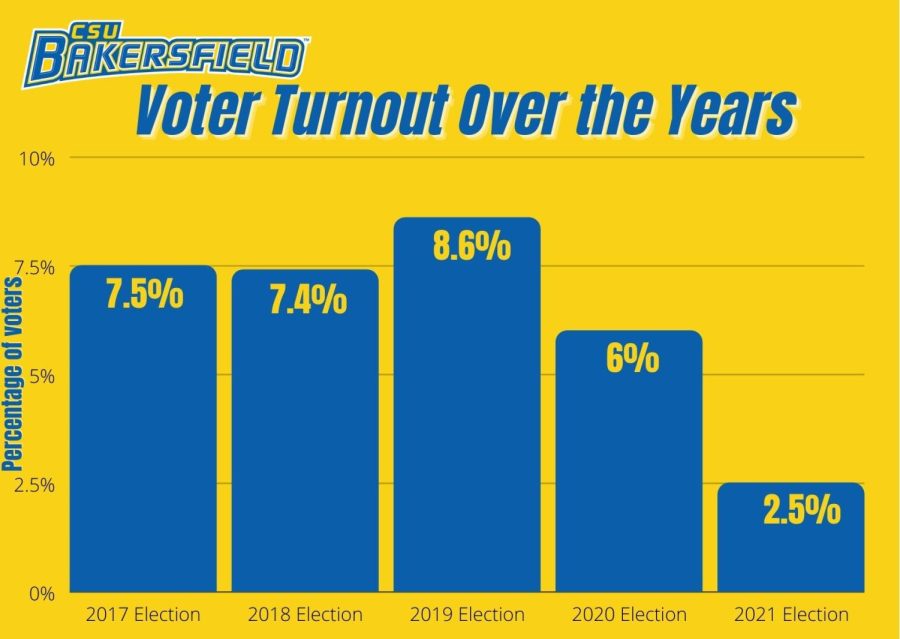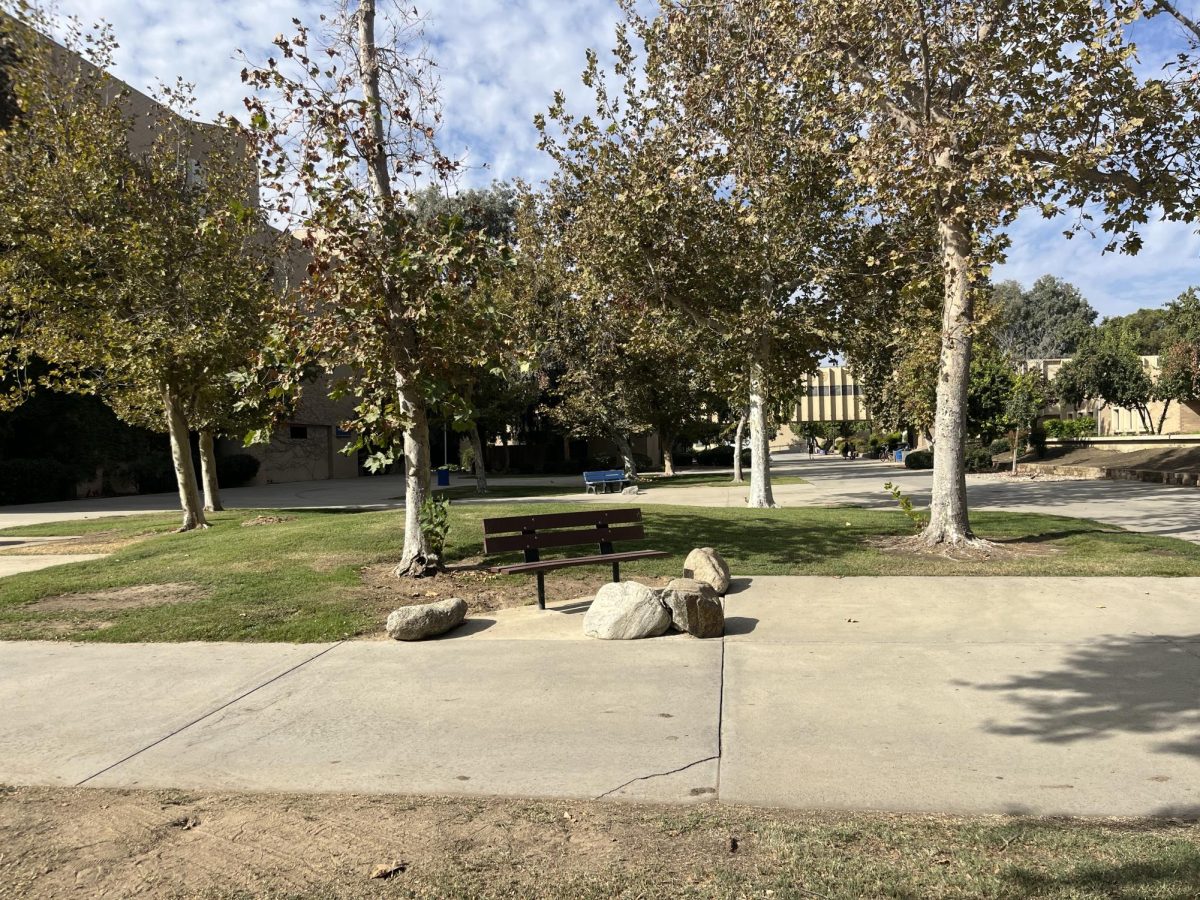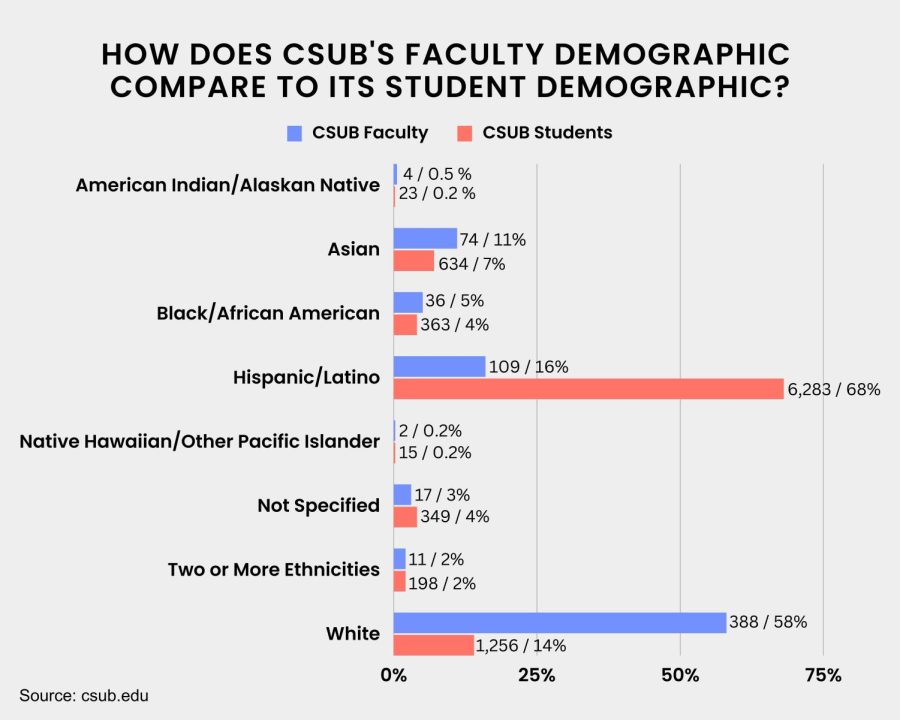The entire executive board of Associated Students, Inc. is running unopposed.
Last year’s election saw the seats for president, executive vice president and vice president of university affairs, unopposed as well.
This resulted in one the lowest voter turnouts in years, with only 7.5 percent of turnout.
ASI did not do enough to promote the opening of applications for the upcoming election, nor did they make themselves visible in students’ eyes throughout this election process.
With every seat on ASI running unopposed, with the exception of two director positions, this year’s election surmises to have another pitiful turnout.
As a result, there is almost no visible campaigning from the candidates on campus.
According to ASI Executive Director, Ilaria Pesco, ASI wanted to have elections completed before spring break.
An email was sent to students on Friday, Feb. 23 announcing that the application window for candidacy had opened on Thursday, Feb. 22. and would end March 7 at 11 a.m.
In some cases, the mass email went directly into students’ clutter folders.
So only students who check their clutter email really received saw the email telling them to apply.
ASI needs to renovate how they promote and publicize the filing period for elections.
Social media posts regarding the opening of the application period were published the day the window opened. However, there was nothing prior to this to let students know they would soon be able to apply.
ASI also does not provide enough incentive for students to apply. ASI executive directors have their tuition paid for the term they are in office, they get a free parking pass, and they receive priority registration.
Students in director positions get a parking pass and priority registration.
Many students are not aware of these benefits for being ASI members, knowing these benefits they might have more of an incentive to run for a position.
When the student fee referendum passed last month, 17 percent of students voted in the special election.
In order to maximize voter turnout and awareness of ASI’s presence on campus, the two votes should have been combined on the same ballot.
What is ASI doing to not encourage those in its organization to rise up and fulfill these seats?
The L.E.A.D. program’s goal is to engage students and actively promote involvement on campus. It also aims to push students to go beyond their own expectations. Ironically, the L.E.A.D. program has no one applying for the director of L.E.A.D. program position.
However, according to Aaron Wan, who is the candidate for vice president of campus life and current director of the L.E.A.D. program, there are students who did not apply for elections but have ambitions to be director of the L.E.A.D. program eventually.
When both current ASI members Precious Nwaoha, executive vice president and Ashley Schmidt, chair of the executive board, were asked why students with leadership potential did not run they said it was because they wanted to avoid the election process.
When asked if ASI would consider changing this process, Nwaoha said that they would not change it.
“I feel like they shouldn’t be forced to go through the elections process,” said Nwaoha. “We wan the most amount of people to be involved. We don’t want to limit people because they don’t want to go through the election process.”
If students are not applying for elections, but being appointed by their peers, is that really an election?
When asked of several students choose to apply to ASI after the election process has ended Nwaoha said they do.
“Last summer we had up to three people run for a position,” said Nwaoha.
A huge part of having an election is so that the mass student body can choose who they want to see represent them. A candidate has to prove to the student body that they are in fact the best candidate for the position.
However, these students were not chosen by the mass student body. They did not have to campaign and prove to the student body that they are indeed the best candidate for the job.
Additionally, there is a building of character in running a campaign. When doing there job, student leaders have to be willing to face administrators, and even legislators when fighting for the rights of the student body.
How can we trust the appointed candidates to do this if some of them were even too intimidated by a campaigning process?
If a person really wants to be the voice of the students, they will not be afraid campaign and have to prove themselves to the student body.



